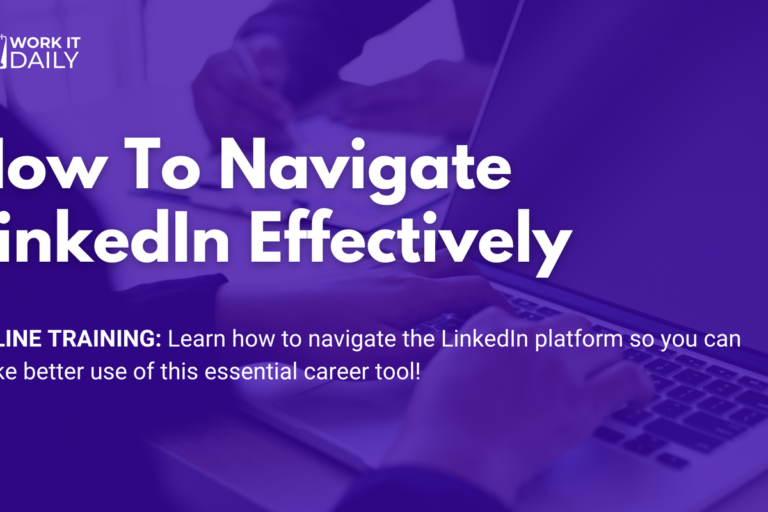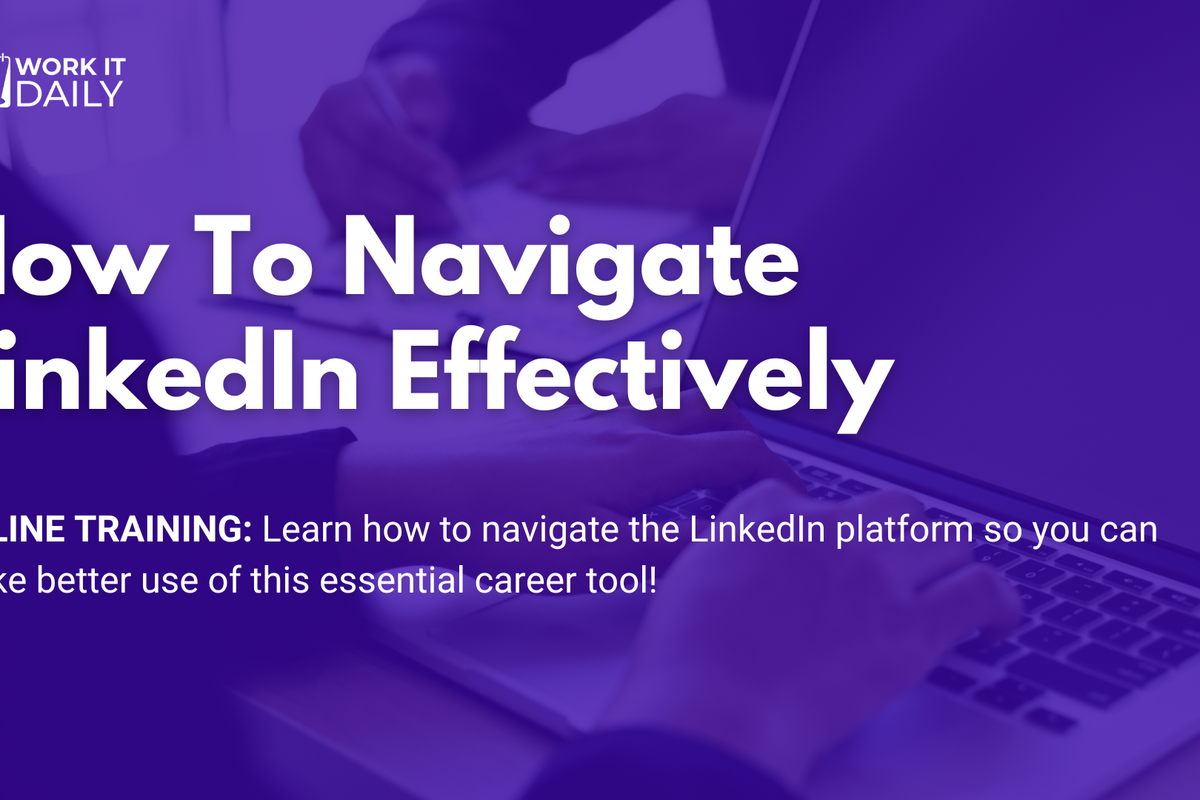5 “Recession-Proof” Careers

When a recession hits, many people immediately begin to worry about their jobsâand with good reason. Recessions usually mean mass layoffs, fewer jobs, more competition for jobs, and less job security. But some careers are safer than others.
Several websites, including Glassdoor, have compiled lists of jobs that are expected to survive the next economic downturn. Every list is a little different, but there are some professions that consistently show up. Here are five of those careers.
Keep in mind the term “recession-proof” is relative. A recession impacts everyone differently, so nothing is ever 100% foolproof.
1. Medical/Healthcare Providers

This category includes a wide range of jobs: doctors, mental health professionals, home healthcare services, registered nurses, and physical and occupational therapists, to name a few.
The bottom line: No matter the economy, people get sick or injured and need care!
These jobs usually offer competitive salaries and, with the growth of the healthcare industry and many experienced professionals retiring, these fields are always looking for new and young talent.
2. Teachers/College Professors

The need for education is also something that never stops, regardless of the state of the economy.
Job growth for teachers typically remains steady as districts are usually faced with the retirements of experienced teachers each year. In addition, if enrollment levels remain steady or increase on a yearly basis, cutting teachers would likely impact the quality of education. Many teachers are also tied to labor unions.
College professors, particularly ones with academic tenure, are also very secure in their positions as college enrollments remain somewhat consistent during a recession.
3. Funeral Home Director

This may be morbid but death is the ultimate recession-proof business!
The funeral home director position may not be in demand but the need is constant. It’s consistent work that’s not impacted by the economy or any other seasonal factor.
Of course, it goes without saying, the job does have its drawbacks.
4. Utility Workers

Keeping up with public infrastructure projects is a never-ending battle and while communities may try to cut some costs during a recession, taking care of roads, electricity, sewage, trash, and water are essential services that communities can’t afford to skimp on.
In addition, in recent years many utilities have experienced labor shortages, so there are usually many positions available for those looking for a job or career change.
5. Accountant

Benjamin Franklin famously said the only certain things in life are death and taxes.
We already touched on death, so now it’s time to touch on taxes. While accountants are particularly valuable during tax season, their services are needed year round.
Whether you’re a business owner or just an everyday person, dealing with numbers and financial records can be tricky. And, during a recession, the need for assistance with finances is great.
Many believe a recession is imminent and it could very well impact your career. Now is the time to prepare!
We’d love it if you signed up for Work It Daily’s Power Hour Event Subscription! Get your career questions answered in our next live event!
This article was originally published at an earlier date.





































